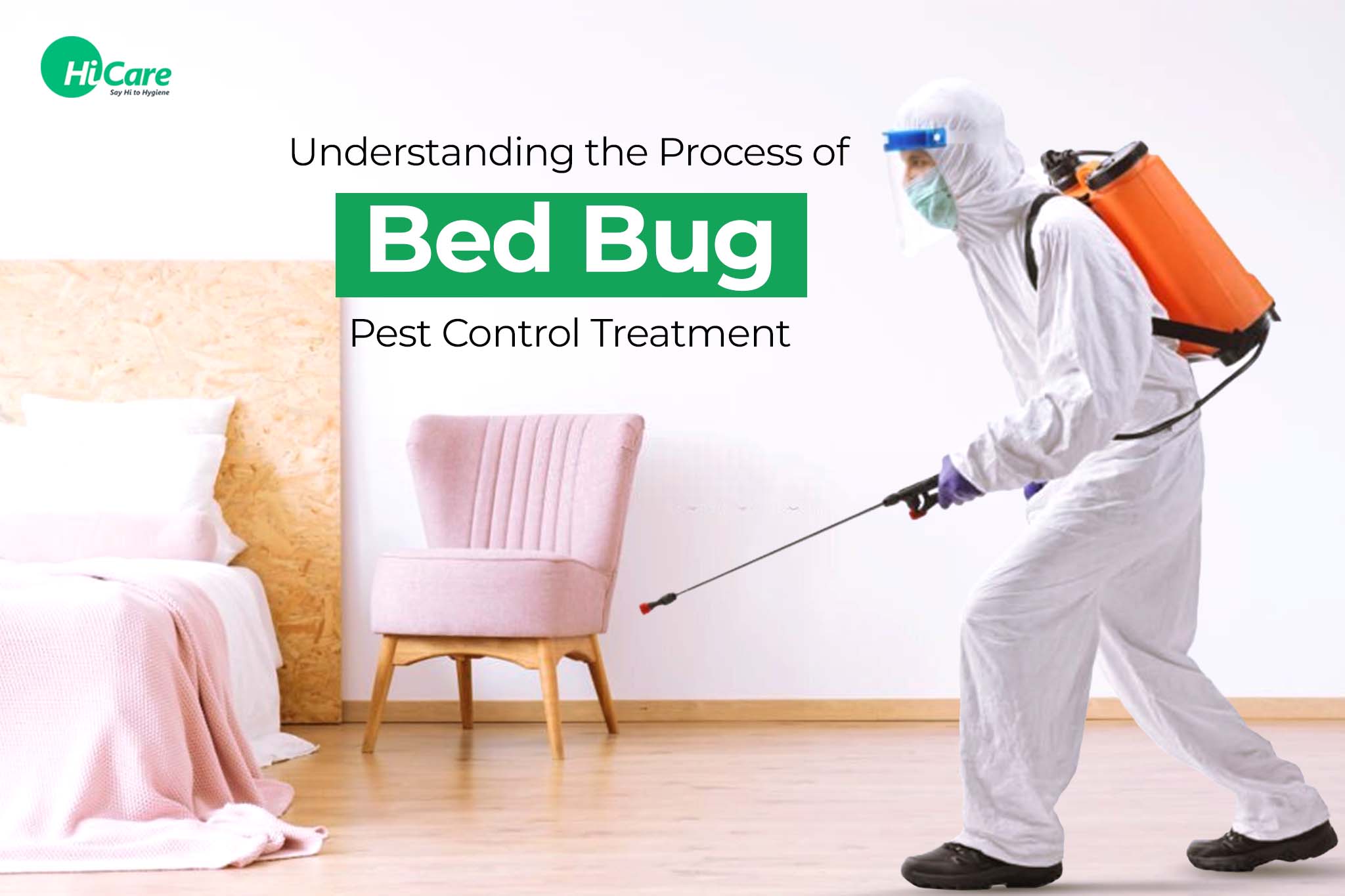Understanding the Lifecycle of Parasites for Targeted Control Approaches
Understanding the lifecycle of bugs is a basic aspect of efficient insect administration methods. Through a much deeper understanding of exactly how parasites evolve and prosper, tailored control approaches can be designed to deal with details factors in their lifecycle, ultimately leading to even more successful insect administration end results.
Importance of Understanding Bug Lifecycle
Comprehending the lifecycle of insects is important for developing effective and targeted control strategies in pest monitoring. By understanding the numerous stages an insect goes through from egg to adult, parasite control specialists can determine susceptible points in the lifecycle where intervention can be most effective.
Additionally, acknowledging the particular environmental problems needed for every stage of the parasite's lifecycle can lead decisions on habitat alteration or exemption techniques to minimize and interrupt the lifecycle pest populaces. This understanding enables pest monitoring experts to implement aggressive procedures instead of counting exclusively on reactive therapies, resulting in even more lasting and long-term parasite control options. Ultimately, a detailed understanding of insect lifecycles empowers bug control specialists to customize their techniques properly, lessening environmental effects and making the most of control end results.
Key Phases in Pest Advancement
To effectively implement targeted control techniques in bug administration, a critical facet lies in adequately determining and recognizing the crucial phases in insect development. Bug advancement usually is composed of several key stages that are essential for their lifecycle and administration.

Susceptabilities in Bug Lifecycle
Throughout the numerous stages of an insect's lifecycle, distinctive vulnerabilities emerge that can be purposefully targeted for effective control steps (A1 Bed bug exterminator houston LLC). One vital susceptability lies in the egg stage, where insects are usually more vulnerable to particular pesticides or biological control agents due to their soft outer covering, making them less complicated targets for treatment. Understanding these vulnerabilities in the bug lifecycle is crucial for developing precise and effective control approaches that effectively manage insect populations while lessening ecological influence.
Applying Targeted Control Procedures

Executing targeted control procedures typically includes a multi-faceted strategy. This may include habitat alteration to make the environment less welcoming to parasites, such as removing standing water for mosquito control or sealing access factors for rats. Additionally, biological control techniques can be made use of, where all-natural predators or pathogens are introduced to keep bug populaces in check.
Integrated Pest Management (IPM) approaches that integrate different control measures in a worked with and lasting manner are often the most reliable in accomplishing long-term pest monitoring goals. By implementing targeted control actions based on a complete understanding of insect lifecycles, pest populaces can be efficiently regulated while lessening risks to human wellness and the atmosphere.
Enhanced Bug Management Practices

Furthermore, the unification of biological control representatives, such as natural predators or microorganisms of pests, can help in reducing dependence on chemical pesticides and promote a much more well balanced environment. Implementing physical barriers and catches can also be component of enhanced insect monitoring practices, using non-toxic and targeted options for parasite control. Additionally, the usage of scents and other semiochemicals can interrupt pest breeding patterns and communication, causing lowered insect populaces with time.
Conclusion
By determining crucial phases in bug growth and susceptabilities in their lifecycle, targeted control actions A1 bed bug extermination houston can be implemented to minimize pest populations. Enhanced pest monitoring techniques can aid lower the dependence on broad-spectrum chemicals and advertise more sustainable and ecologically friendly parasite control approaches.
Comprehending the lifecycle of bugs is necessary for establishing efficient and targeted control techniques in pest management. By understanding the numerous stages an insect goes through from egg to grownup, bug control experts can identify vulnerable factors in the lifecycle where treatment can be most successful. Ultimately, a thorough understanding of parasite lifecycles equips insect control specialists to customize their methods successfully, taking full advantage of and reducing ecological effects control outcomes.
By applying targeted control steps based on a comprehensive understanding of parasite lifecycles, bug populations can be successfully controlled while decreasing dangers to human health and the atmosphere.
By identifying vital stages in parasite development and susceptabilities in their lifecycle, targeted control steps can be applied to reduce pest populations.